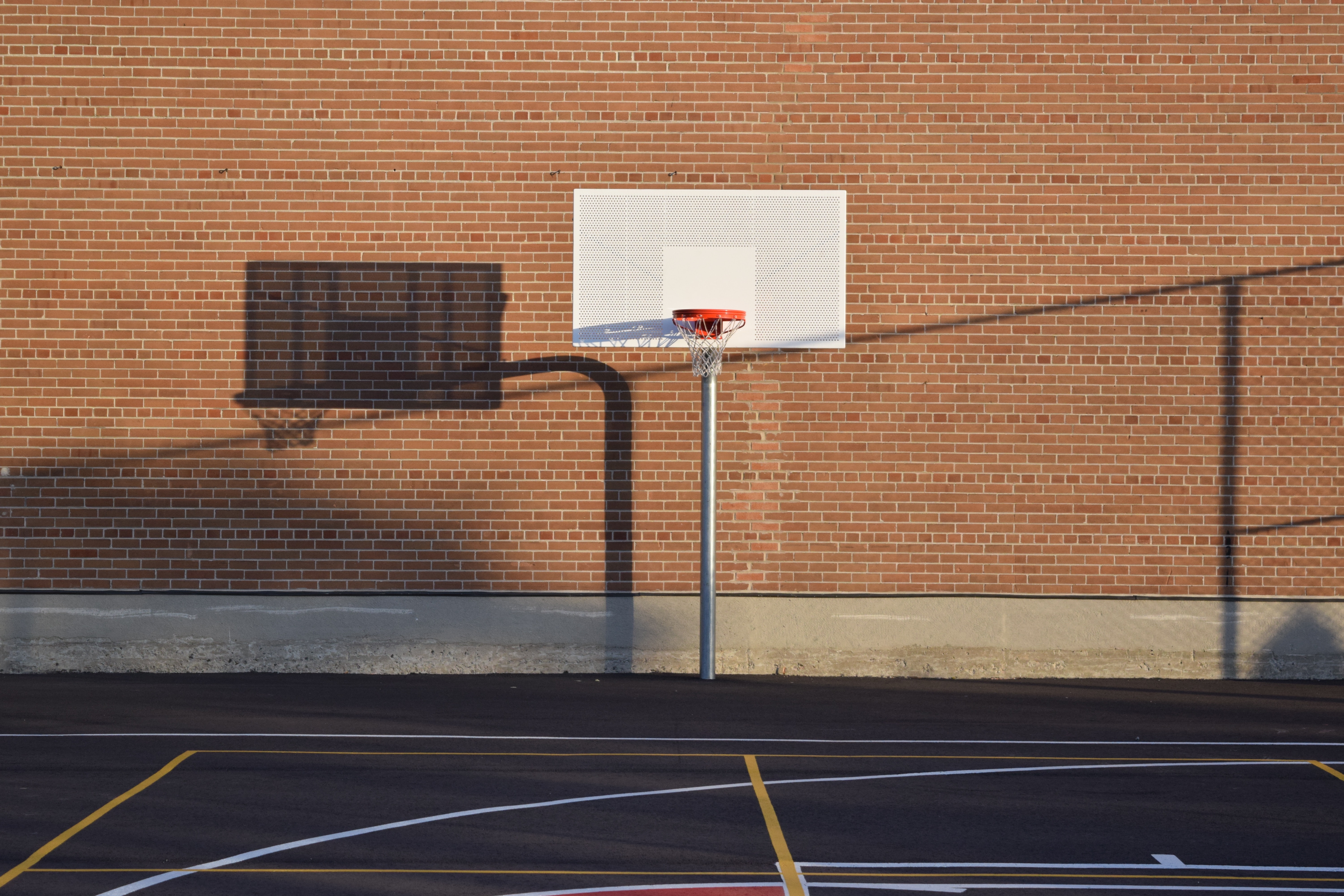
As I watched the NCAA Elite Eight, I couldn’t help, but judge. Missed free throw after missed free throw. Michigan is in the Final Four and their team free throw percentage is a low 66% (for comparison,the best free throw percentage is 81%).
While not the most important aspect, it is one of the most controllable parts of basketball. You can’t control the refs, how the other team plays defense, bad calls or unfriendly bounces. Yet, many teams hardly make every other foul shot. We’ve seen how close these games have been and when it comes down to fouling at the end of the game, free throws can make or break the season.
Free throws aren’t entertaining, they aren’t fun to work on, and they do not have the same impact as a clutch three-pointer or the same wow-factor as a dunk. But, they can nonetheless be a gamechanger.
As I sat there and judged the players, I realized every career has “free throws.” The things that we don’t want to work on, but should. The skills that aren’t enjoyable to develop, but may make or break our outcomes. Most importantly, the things that we can control.
In the beginning of my career, my “free throw” was practicing manipulations. But lately, I have slacked on collaboration. I have been reflecting on my patients and their outcomes, but I haven’t involved other feedback. I haven’t included the therapists around me in my clinical decision making or my reflection. I have so many knowledgeable clinicians surrounding me and I need to better use their expertise. Their outlook, feedback, and thought processes are invaluable, but I haven’t made use of the resource lately.
We all have aspects of our careers that are controllable and that we can improve upon. The game may come down to the last seconds and free throws matter.
What is your free throw?
P.S– LET’S GO LOYOLA